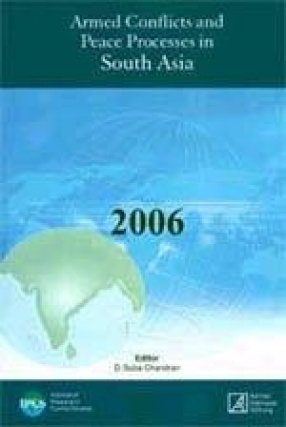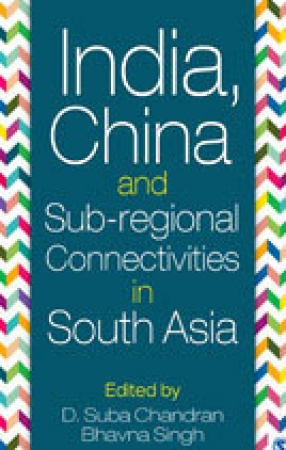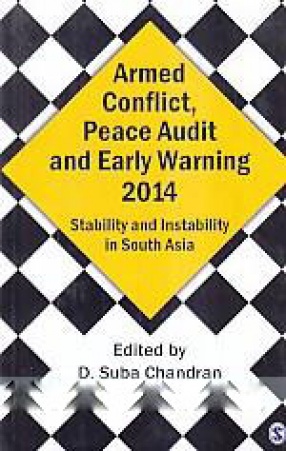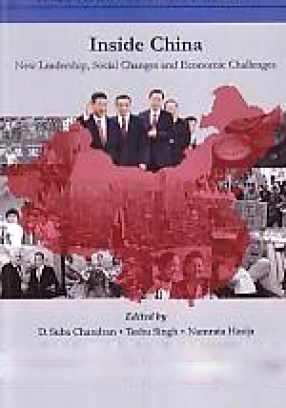While the armed conflicts in the recent years have become bloodier in South Asia, the peace processes could not be sustained for various factors. Initiating a peace process is easier than to sustain it. In the last few years, a series of peace processes have been initiated in South Asia in Pakistan, Kashmir, Nepal, India’s Northeast and Sri Lanka. The presence of numerous actors, role of civil society, space and rules of bargaining, lack of bargaining tools, independent inputs or the lack of it, level of external support all these factors play an important role in sustaining the peace processes. The above two factors continuing armed conflicts and failing peace processes, make it imperative to initiate an organized, long term but independent study of the armed conflicts and peace processes in South Asia. A database on armed conflict in South Asia is essential for such a study. The Institute of Peace and Conflict Studies (IPCS) propose to create such a database on armed conflicts and peace processes in South Asia. This book is a primary part of this endeavor and is published as an annual on the various conflicts in Pakistan. India, Nepal, Bangladesh and Sri Lanka. The following case studies would form the core essays of the annual Waziristan, Balochistan, Jammu and Kashmir, India’s Northeast, Naxalities in India, Nepal, Bangladesh and Sri Lanka. In future, the study would also cover the armed conflict in Afghanistan.
Armed Conflicts and Peace Processes in South Asia 2006
In stock
Free & Quick Delivery Worldwide
reviews
Bibliographic information
Title
Armed Conflicts and Peace Processes in South Asia 2006
Author
Edition
1st ed.
Publisher
Samskriti Publishers, 2007
ISBN
8187374899
Length
xvi+335p., Tables; Index; 22cm.
Subjects







There are no reviews yet.